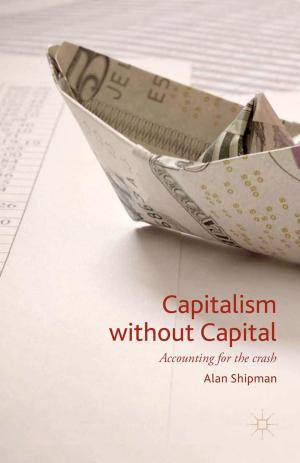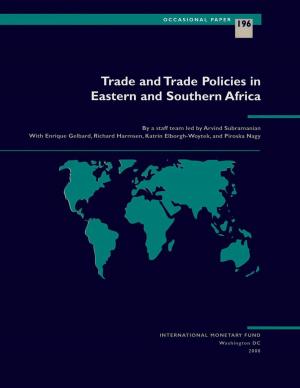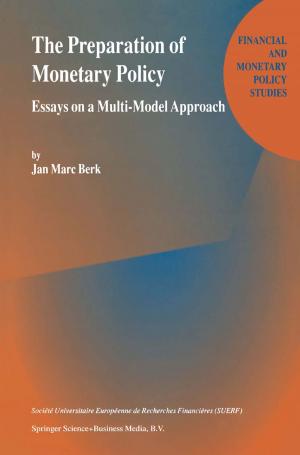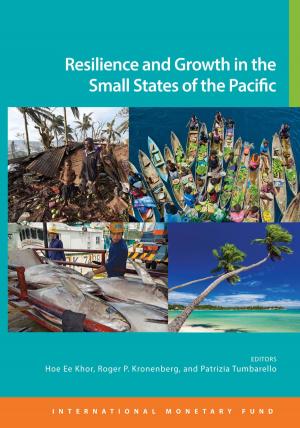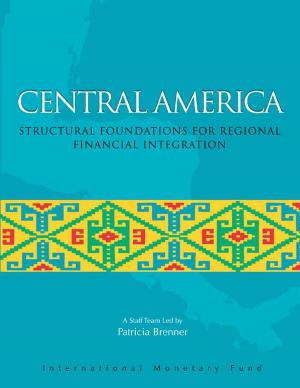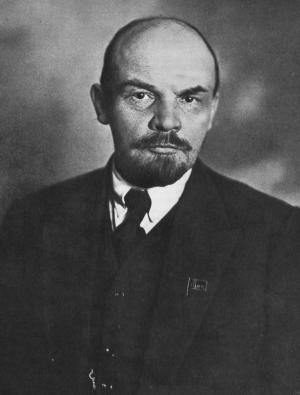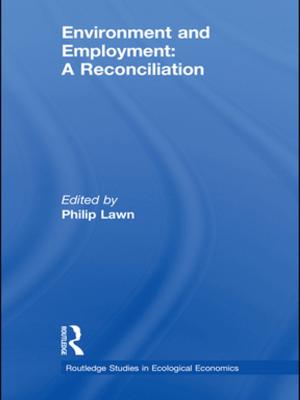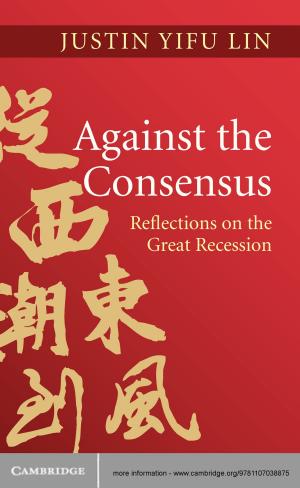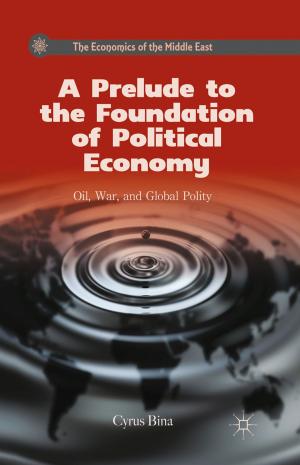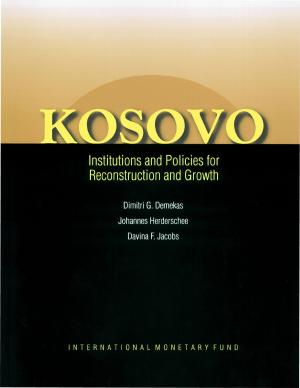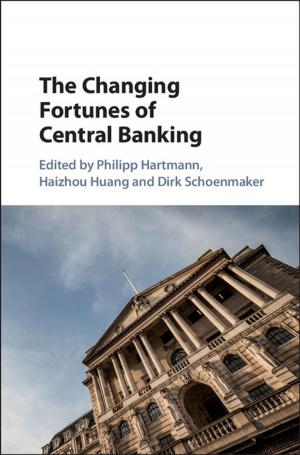| Author: | Marc Batko and Cal Sharp | ISBN: | 1230002151403 |
| Publisher: | Marc Batko | Publication: | February 10, 2018 |
| Imprint: | Language: | English |
| Author: | Marc Batko and Cal Sharp |
| ISBN: | 1230002151403 |
| Publisher: | Marc Batko |
| Publication: | February 10, 2018 |
| Imprint: | |
| Language: | English |
The time is right for alternative economics, reducing working hours, redefining state and market and re-envisioning work, security, health and strength. More and more work is done by fewer and fewer people. In Germany, the GDP rose 300% in 50 years with 20% fewer workers.
Mainstream neoliberal economics has no answer to exploding inequality and destruction of nature.
This anthology “Alternative Economics: Reversing Stagnation” includes 3 translator’s introductions, 3 poems from the translator, 12 articles by Tomas Konicz, and articles by Ulrike Herrmann, Helmut Martens, Franz Garnreiter, Sven Giegold, Karl Georg Zinn, Mohssen Massarat, Joachim Bischoff, Andreas Kolbe and Attac. New priorities, assumptions and policies are vital.
The financial sector should be shriveled and the public sector expanded. The myths of self-healing markets, efficient financial markets, nature as a free good, external and sink, infinite growth in a finite world, quantitative growth and the exact sciences eclipsing qualitative growth and the human sciences (history, literature, play, language, sociology, political science, philosophy) and private opulence next to public squalor (cf. John Kenneth Galbraith) must call us to rethinking – individually and collectively.
Alternative Austrian, Swiss, Polish and German economists can alert us to the bankruptcy of austerity policy and fiscal policy aiding capital at the expense of workers and the environment. The future economic policy must be regional and decentralized. A post-materialist economy is possible as we transition from excess to access and more to enough. Work, health, strength, security and happiness can be redefined. The rights of nature can be respected in a future of moderation, equality and freedom.
More and more is produced with fewer and fewer workers. Work and income have uncoupled as people cannot survive on their earnings from work and depend on credits and loans. Michael Schwendinger explains that reducing working hours can be a socio-economic investment giving workers more time sovereignty and better long-term health. Reducing working hours is a response to increased productivity and is the only way to assure everyone of the right to meaningful work
The time is right for alternative economics, reducing working hours, redefining state and market and re-envisioning work, security, health and strength. More and more work is done by fewer and fewer people. In Germany, the GDP rose 300% in 50 years with 20% fewer workers.
Mainstream neoliberal economics has no answer to exploding inequality and destruction of nature.
This anthology “Alternative Economics: Reversing Stagnation” includes 3 translator’s introductions, 3 poems from the translator, 12 articles by Tomas Konicz, and articles by Ulrike Herrmann, Helmut Martens, Franz Garnreiter, Sven Giegold, Karl Georg Zinn, Mohssen Massarat, Joachim Bischoff, Andreas Kolbe and Attac. New priorities, assumptions and policies are vital.
The financial sector should be shriveled and the public sector expanded. The myths of self-healing markets, efficient financial markets, nature as a free good, external and sink, infinite growth in a finite world, quantitative growth and the exact sciences eclipsing qualitative growth and the human sciences (history, literature, play, language, sociology, political science, philosophy) and private opulence next to public squalor (cf. John Kenneth Galbraith) must call us to rethinking – individually and collectively.
Alternative Austrian, Swiss, Polish and German economists can alert us to the bankruptcy of austerity policy and fiscal policy aiding capital at the expense of workers and the environment. The future economic policy must be regional and decentralized. A post-materialist economy is possible as we transition from excess to access and more to enough. Work, health, strength, security and happiness can be redefined. The rights of nature can be respected in a future of moderation, equality and freedom.
More and more is produced with fewer and fewer workers. Work and income have uncoupled as people cannot survive on their earnings from work and depend on credits and loans. Michael Schwendinger explains that reducing working hours can be a socio-economic investment giving workers more time sovereignty and better long-term health. Reducing working hours is a response to increased productivity and is the only way to assure everyone of the right to meaningful work

